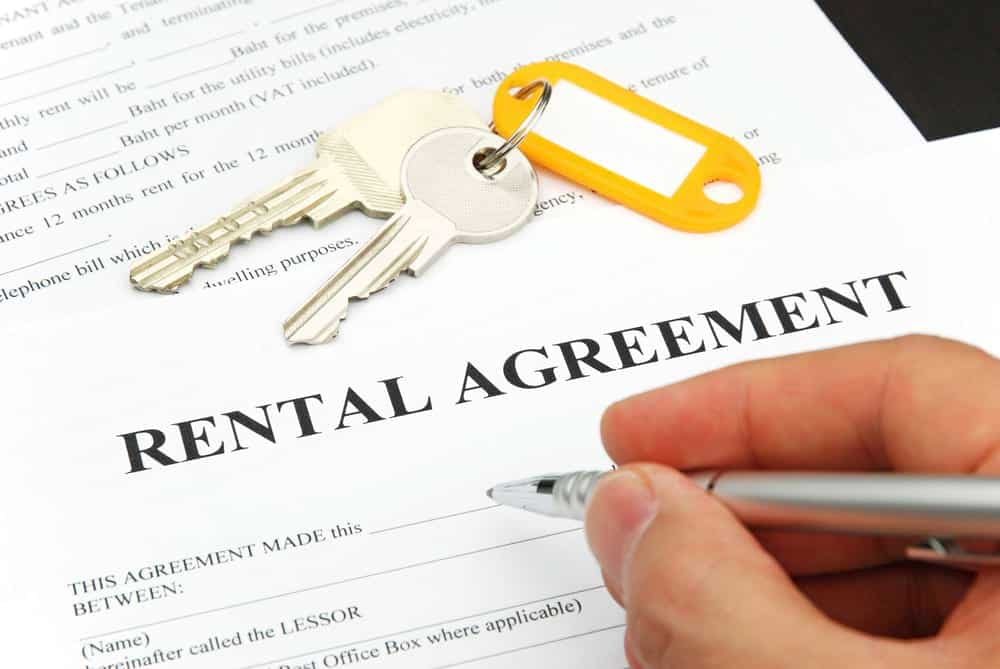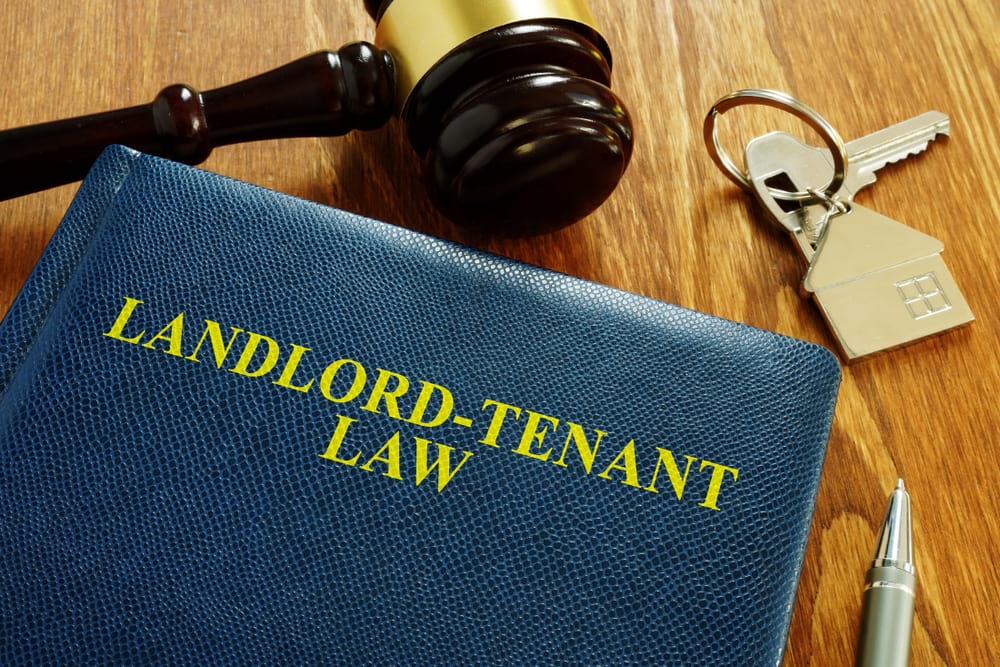Protecting tenants’ rights has been a hot topic in the United Kingdom in recent years.
New laws aim to stop landlords taking advantage of their renters.
One example is tenants’ rights to quiet enjoyment.
Another is the Homes (Fitness for Human Habitation) Act 2018.
We’ve explained what this is below.
What is the Homes (Fitness for Human Habitation) Act 2018?
The Homes (Fitness for Human Habitation) Act was introduced in 2018 by the UK government. It became law in March 2019.
The act requires landlords to make properties ‘fit for human habitation’. It applies to all kinds of tenancy agreements.
The government defines this as property that is ‘safe, healthy, and free from things that could cause you harm’.
It applies to any tenant in a property, including property in or with:
- A private landlord
- Housing association
- Social housing.
If a tenant is worried about conditions in their property, they can report it to the local council. Conditions they are concerned about can include:
- House pests
- Electricity and gas
- Heating.
And more.
They may do an inspection and cite the Homes (Fitness for Human Habitation) Act 2018 when enforcing certain changes.
It can be argued in court. But the criteria is not clearly defined, thus down to interpretation.
Before this new act was introduced, the law forced landlords to maintain the structure, exterior and services.
However, the new act also incorporates the inside of the house (living conditions).
Exemptions for the Homes (Fitness for Human Habitation) Act 2018
The Homes (Fitness for Human Habitation) Act 2018 applies to tenants in England and Wales.
It does not apply to Scotland and Northern Ireland. There are separate laws for habitability in those countries (see below).
The act states that there are exceptions for problems caused by bad tenant behaviour.
For example, if the renter damages the property, which becomes dangerous, the landlord isn’t liable.
Proving the sequence of events can be more challenging, though.
Another exempt example is ‘acts of God’, such as:
- Flooding
- Fire
- Storms
- Lightning strikes.
And the act can’t be used if the landlord cannot get permission from other bodies.
For example, if local councils or neighbours are blocking work from occurring.
Why was the Homes (Fitness for Human Habitation) Act 2018 brought in?
The act was brought in to improve living standards for renters in the UK. This was a priority for the government at the time.
Before the act, laws mainly focused on the building’s structure.
But there was limited laws about living conditions. Especially since these are so hard to define.
The act allowed renters to quote this act when demanding improvements only if they can prove it fits the criteria.
Criticisms of the Homes (Fitness for Human Habitation) Act 2018
Some people criticise the act because it’s not specific about what ‘liveable’ conditions are.
Every person has different perspectives. This can make it difficult to prove in a court of law.
Some of the other exemptions can cause controversy. You can’t quote the act when it’s due to an ‘act of God’.
But if the landlord could’ve done work to prevent flooding, for example, some tenants argue this should count.
If you successfully report a problem, the landlord must fix it in a ‘reasonable time’.
This depends on the circumstances, meaning the problem can sometimes continue for a while.
What happens if a landlord fails to comply with the Homes (Fitness for Human Habitation) Act 2018?
The renter can report them to the local council or take them to court.
Ideally, they should gather as much evidence as possible to do this.
It’ll then be up to them to take them to court and get compensated. A solicitor can help with this.
If you’re successful in the hearing, your landlord must fix the situation within a ‘reasonable timeframe’. The court will typically determine what this is.
If you aren’t unsuccessful, you may need to pay some costs.
What are Habitation laws in Scotland and Northern Ireland?
In Scotland, habitation laws are covered by the Housing (Scotland) Act 2014.
In Northern Ireland, it’s mainly determined by the Housing (Northern Ireland) Order 1981 and the Private Tenancies Act (Northern Ireland) 2022.



















